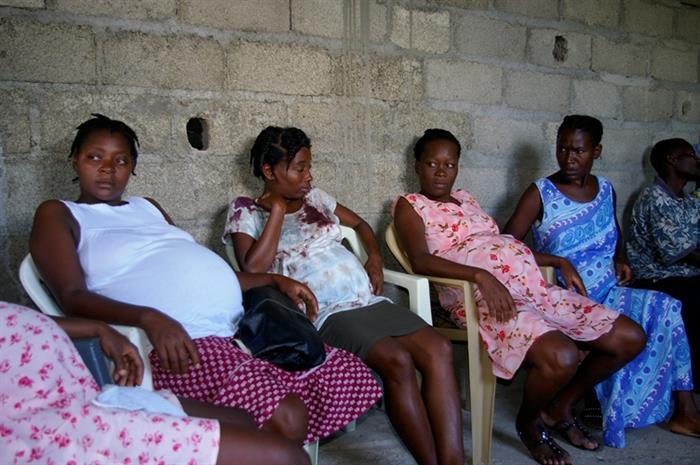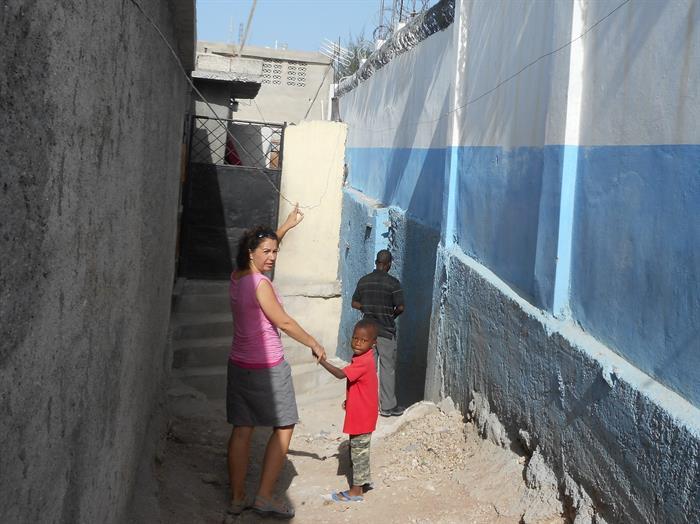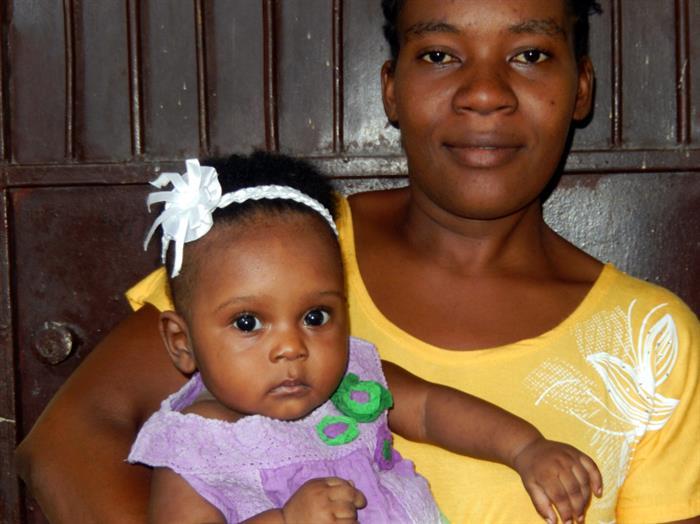Manman se la vi in Haiti
For many women expecting a child can be an exciting time filled with anticipation. Unfortunately, for many women in Haiti, it can be a time filled with apprehension.
There is a one in 80 chance of dying in pregnancy and the infant mortality rate is 59%*. There are a number of reasons why these numbers are so high. For economic reasons, although medical centres charge minimal fees for a woman to deliver her baby this cost can be too much. Many women work until labour because they can't take time off. In rural communities, medical assistance might be too far and with the lack of proper roads and no reliable transportation, getting to a centre in time in almost impossible.
In addition, cultural norms lean towards home-delivery. Community midwives are not formally trained and in emergency medical situations like an emergency c-section or pre-eclampsia and eclampsia complications they are usually not properly equipped.

All of these facts can make a person feel helpless when it comes to making a difference, but for Brigitte Aumont she decided it is a wonderful opportunity. Brigitte began Manman se la vi, a grassroots program to reach out to pregnant woman and new mothers. They believe each mother is unique and important to her child. Their vision is to come alongside them and help them thrive by education, respect, self-esteem and the love of Jesus.
One example of how Brigitte fulfills this vision is home pregnancy monitoring. Brigitte visits each woman in her home once a week and encourages family and friends to also come so they can learn, support and talk about all aspects of pregnancy, prenatal maternal care and postnatal care. If there is a problem beyond their capacity or it’s a difficult situation, Manman se la vi arranges for a solution by partnering with other services and resources*.

During the visits, they ensure all is well with the baby and the family but special time is taken to talk and pray. The body needs care but the soul and spirit of a person must also be nourished. Mothers (especially young mothers) can suffer from isolation and loneliness because they might not have a mother or a spouse to help them adjust to this new life. Over 45% of Haitian mothers are single-parents.
Brigitte does what she can and her visits are an encouragement. Although she cannot visit all the mothers of Haiti, each encountered mother can become a visitor herself creating a chain support network that can reach a whole street, then a neighbourhood and then a village.
Brigitte believes in reaching one mother at a time, because each one is important and valuable.
